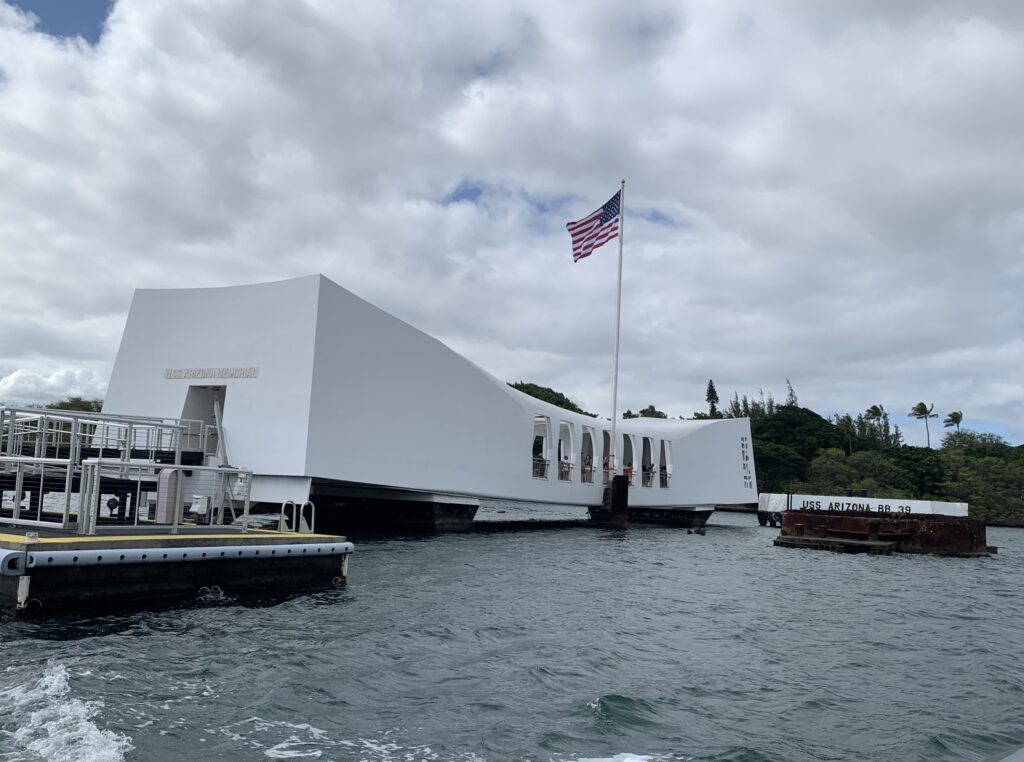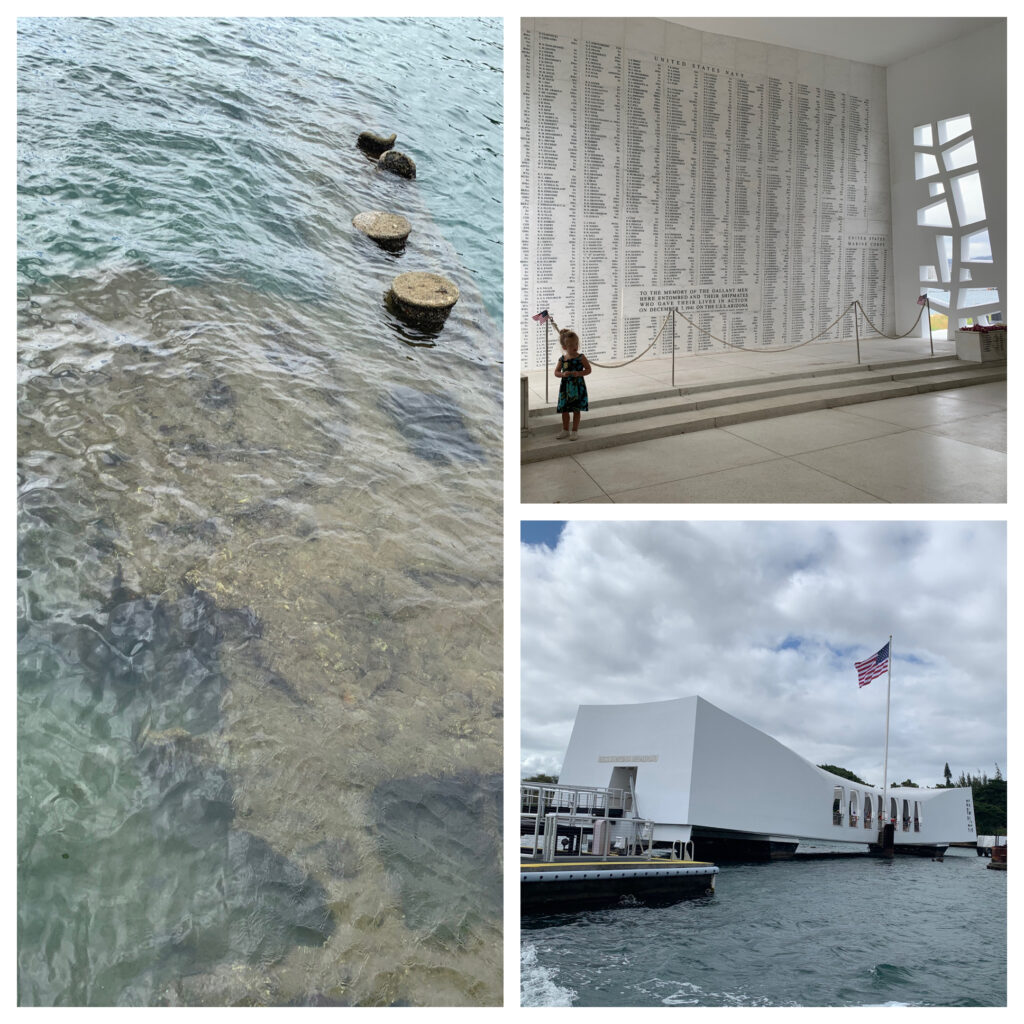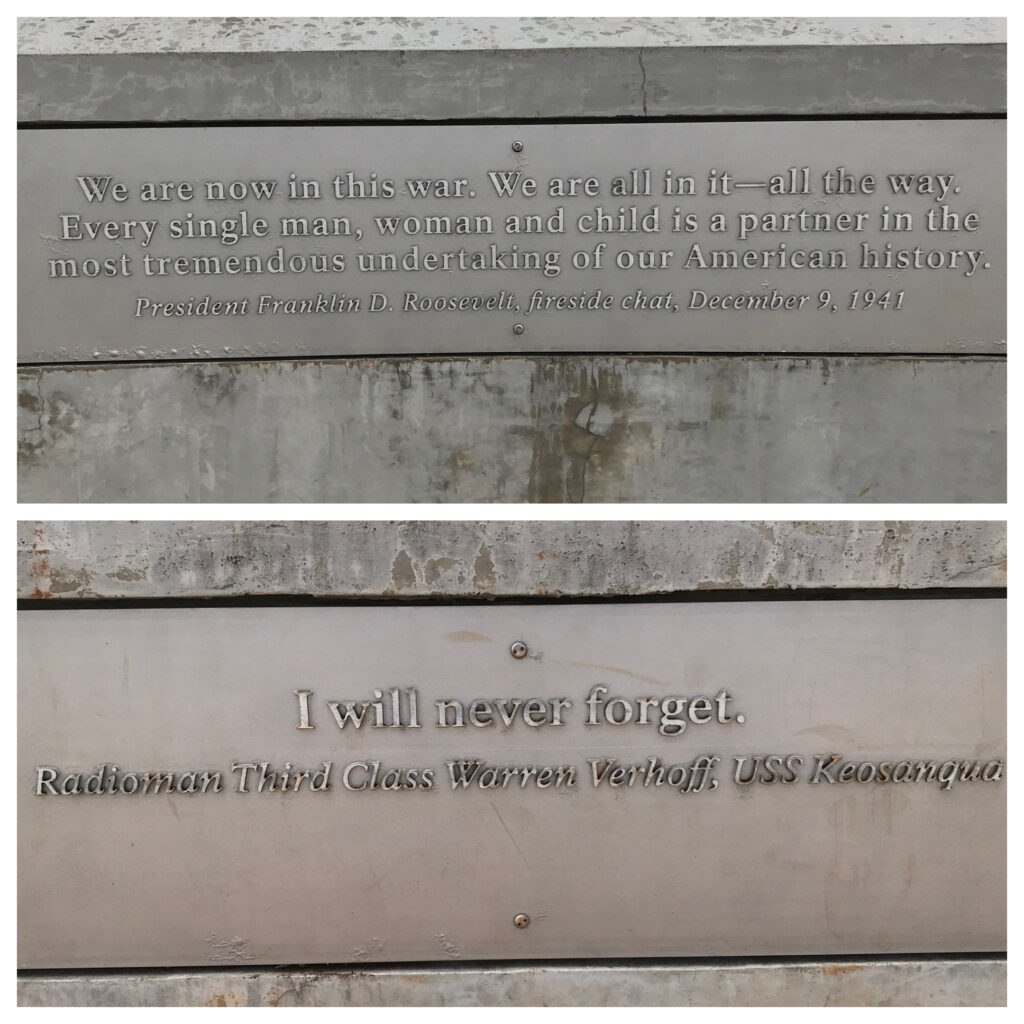
Reflecting on Pearl Harbor: Lessons for Global Security
Today marks the 83rd anniversary of the attack on Pearl Harbor, “a day that lives in infamy” and continues to hold profound lessons for global security. On December 7, 1941, the United States naval base at Pearl Harbor was struck in a devastating surprise attack by the Japanese Imperial Navy, leading to the loss of thousands of lives and the entry of the United States into World War II. This moment reshaped American foreign policy and sent ripples through the fabric of global security, demonstrating the vulnerabilities of even the most powerful nations.
A Strategic Shock: Lessons from Pearl Harbor
The attack on Pearl Harbor exposed critical gaps in preparedness and intelligence. It underscored the dangers of complacency and the necessity of constant vigilance in a volatile global landscape. In its aftermath, the United States transformed its approach to national security, moving from a position of isolationism to becoming a central actor on the world stage. This shift marked the birth of global alliances and multilateral institutions designed to prevent such tragedies from recurring.
Modern Parallels: From Physical to Institutional Security
While Pearl Harbor was a traditional military assault, the modern security environment has expanded to include less tangible but equally impactful threats. Cybersecurity, for instance, has become a domain where surprise “attacks” can cripple nations without a single shot being fired. Asymmetric warfare, too, challenges traditional defense strategies, with non-state actors employing unconventional methods to disrupt stability.
Closer to home, yesterday’s events in Romania underscore the fragility of democratic institutions. The Constitutional Court annulled the first round of the presidential election due to allegations of Russian interference, where coordinated online campaigns favored a far-right candidate. This incident highlights the susceptibility of democratic processes to external manipulation, emphasizing the need for robust safeguards to maintain electoral integrity.
Personal Reflections: A Visit to Pearl Harbor
I have had the privilege of visiting the Pearl Harbor National Memorial twice, and each visit left me profoundly humbled. Standing at the USS Arizona Memorial, suspended above the sunken battleship where over a thousand sailors and Marines lost their lives, is an experience that defies words. It is a solemn reminder of the cost of war and the sacrifices made by so many to secure peace.
The site is more than a memorial; it is a place of reflection and learning. It serves as a poignant reminder of the need to honor the past while committing to a more secure and peaceful future. The rows of names etched in marble, the oil still rising to the surface from the Arizona, and the stories of heroism and resilience all converge to create an enduring legacy of remembrance.


Global Security Today: A Call to Action
The lessons of Pearl Harbor remain relevant as we navigate a world rife with evolving security challenges. The attack reminds us of the critical need for preparedness, the value of strong alliances, and the importance of resilience in the face of adversity. Whether it is the threat of a cyber attack, the erosion of democratic processes, or the challenges posed by climate change and resource scarcity, the need for proactive and adaptive security measures has never been greater.
On this anniversary, let us honor those who perished at Pearl Harbor by recommitting to the principles of vigilance, cooperation, and peace. The world remains a fragile and interconnected place, and the security of one nation often depends on the stability of many.
